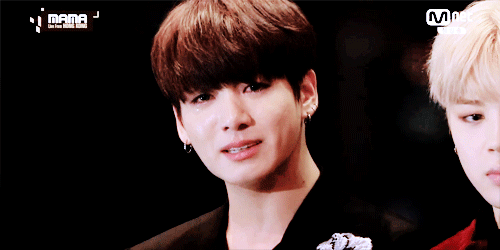Don't wanna be here? Send us removal request.
Text
6 Internal and External Classist Applications that Ignite or Worsen Depression in the Poor
As of 2017, there are 7.4 billion people in the world and 80% of these people live below the poverty line- that means 5.9 billion people are trying to survive in a world that they cannot afford. Besides their material deprivation, poor people also have to deal with classism oppressing them as well. Therefore, it is not a surprise that the mental health of this group is often overlooked- especially with something as stigmatized as depression. And a key way to fight oppression is to start acknowledging these things. Because in reality, America was never a “classless society”- it was literally created by rich, white, men who wanted independence from Great Britain so that they could make money off of America. It is time to stop sleeping on class oppression and on the rights of the economically oppressed.
1. The Bias Held By Mental Health Workers

Believe it or not, not everyone gets the same service from mental health workers- even if they pay the same amount of money. Despite the fact that mental health workers are supposed to be able to treat people of different identities, ingrained attitudes by uncontrollable societal forces (external classism) do carry an impact on the service they put out. Here are four key four key classist attitudes that mental health workers have towards poor people:
The assumption that poor people just need to focus on “...identifying important basic resources and problem solving...”.
The assumption that a psychologist would not make a difference with the amount of problems that poor people have.
The idea that psychologists know how poor people live just because they have worked there before.
The assumption that psychologists are rejected in poor communities.
Is it a coincidence that an economically privileged group denies quality care to a historically oppressed population? Nope.
2. Internalizing The Stigma Around Poverty

It might sound redundant for a minority population to stigmatize themselves considering they are already oppressed by everyone else- but it happens thanks to internalized classism. In a study conducted on low-income women they this is what they all had in common:
Feelings of shame towards their poverty status.
Low-self esteem.
Immense fear of rejection.
Feelings of being treated differently due to their poverty status.
Internalized stigma is not surprising when historically institutionalized oppression constantly polices minority populations into thinking that anything outside of the dominant culture is inferior and unacceptable. Society focuses more on shaming poor people than helping them.
3. The Distortion Of The Internal Locus Of Control

The reason why poor people are poor is not personally their fault. People don’t wake up one day and decide to purposefully make life harder for themselves. The root lies in external classist forces, such as capitalism, which function through the oppression of the poor. Furthermore, classism advertises the notion that poor people do not try hard enough and therefore choose to be poor- and because classism is regularly practiced by society, it eventually distorts the poor’s internal locus of control to be against themselves. Therefore, it is not a surprise that a study conducted in the low-income neighborhoods of Turkey found that the poor blamed themselves for not trying hard enough.
4. The Distortion Of The External Locus Of Control

The external applications of classism relay one consistent message to the poor: that no matter what, they are incapable of changing their economic status. This is done through rigid power structures set up in society that function through systematic violence to take away accessibility and opportunity from the poor. Furthermore, this can then be internalized so that the poor do start blaming outcomes solely on outside sources, which can aid in the development of a learned helplessness in the person. For example, some welfare recipients blame fate for their circumstance- making it seem pointless to even try and go against it.
5. The Destruction Of Self-Efficacy

Institutions in society are there to guide and assist people- and while this should include everyone, thanks to classism, it does not. A common example are the countless poor women that are often rejected when trying to obtain assistance for stressors- such as jobs, or financial aid. Poor women are rejected to the extent where they believe that they have no power and therefore discard attempts in trying to change their situation. And that is exactly how the self-efficacy of the poor are destroyed- applications of classism scrutinize them for not trying hard enough but at the same time make it so that every odd is stacked against them.
6. Social Rejection/Isolation

It is no secret that the poor are socially rejected. However, this social rejection stems from the poor not being included within the regime of the dominant culture (the economically privileged) which has roots in classism. Myths regarding socioeconomic class and poverty are based on widespread ideals, such as meritocracy, that purposefully project negative images of poor people to the rest of society. This makes sense because a key part of oppression is making the target feel as if they lack significance and cultural currency. The link between this social rejection and the self destructive behaviors in the poor population has been proven.
In Conclusion...
What should be taken from this is that socioeconomic and privilege are very real- poor people are not only materially oppressed but are the victims of systematic violence. Institutionalized oppression is a system, meaning that social, political, and economic institutions are all interconnected in upholding each other. Therefore, if oppressive economic structures, such as capitalism, were to be globally dismantled, and the idea of the primary and the secondary labor markets disregarded, then other oppressive structures relying on it would also experience their downfalls. In conclusion, it is crucial to stay educated, and to spread this knowledge- oppression relies on ignorance to survive. Stay woke.
**ALL GIFS FROM TUMBLR**
6 notes
·
View notes